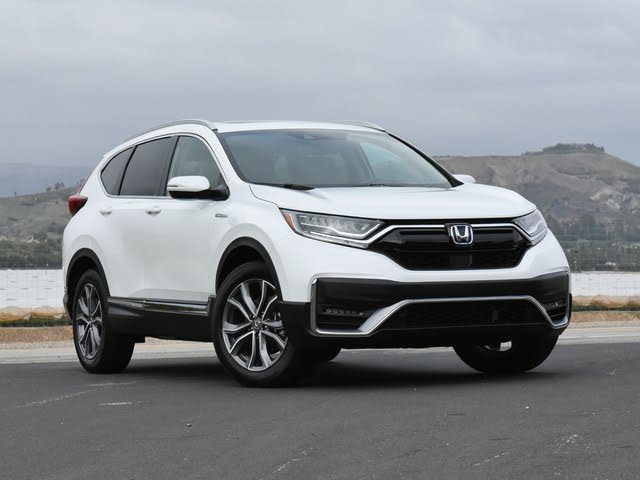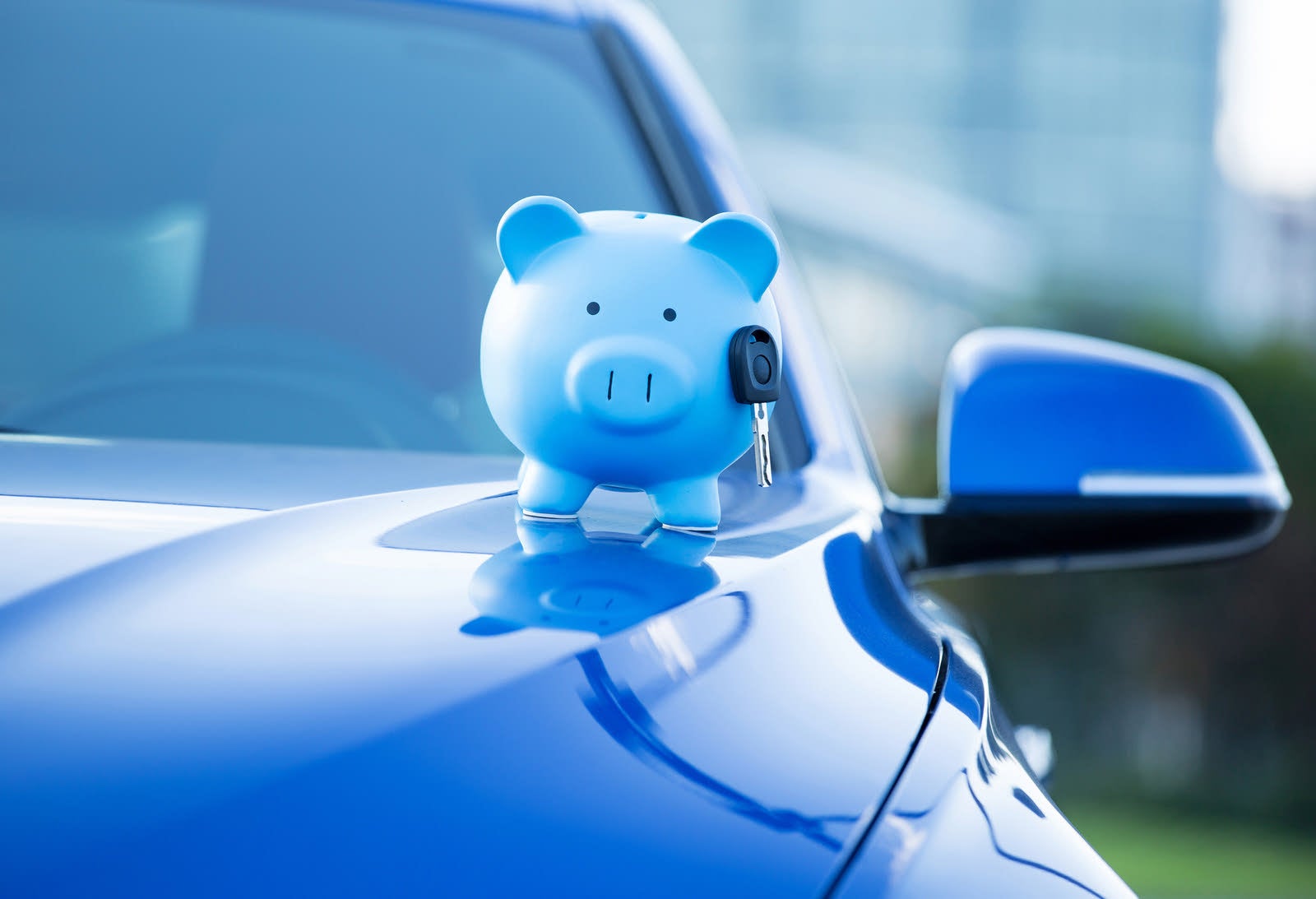Even the most diehard car enthusiasts have to admit that depreciation is perhaps the greatest downside to vehicle ownership. From fully loaded Mercedes-Benz SUVs to bare-bones Ford pickups, every car's value declines as soon as it's driven off the dealership lot.
That said, there are ways to mitigate the effects of car depreciation and, when it comes to car buying, even benefit from it. By understanding which makes, models, and body styles hold their value well and which ones don't, you can land a great deal on your next car. Equally important, that understanding will give you a realistic idea of what your car will be worth when it comes time to sell.
New Cars: Focus on Vehicles with Low Depreciation

Of course, some people prefer a brand-new car that comes with the latest safety technology, the desired paint color, and a full manufacturer warranty. If you’re in the market for a new car, you’ll most likely want to keep it longer than the typical used-car buyer might. But the biggest depreciation hit for new cars usually occurs within the first year. This is why many buyers opt for a slightly older model year, which lets them enjoy the benefits of a nearly new ride without the steep rate of depreciation. Thanks to the depreciation curve, even a one-year-old model will have already been through the worst depreciation.
That means you should buy a car or truck with low depreciation (or high resale value). Trucks like Chevrolet pickups and Jeep Wranglers often hold their value well, as do new models from certain automakers, such as Subaru and Honda. Using various resources, including used-vehicle listings and market value tools, you can simply compare prices of similar vehicles to determine which model depreciates less after one year, two years, and so on. Even if you don't intend to lease, you can also look into lease deals to find out a model's residual value--the purchase price the dealership would charge for that car at the end of its lease. That will give you an insider's perspective: insight into how much value Toyota itself expects that RAV4 to retain, for example.
Used Cars: Use High Depreciation Rates to Your Advantage

Depending on the type of new vehicle being considered, it could depreciate by nearly 30 percent within three years of ownership (trucks typically being the most notable exception). That's bad news for new-car shoppers, but used-car buyers can make out like bandits. This is especially true in the case of certified pre-owned (CPO) models, as they each go through a detailed inspection process, feature a powertrain warranty often longer than the original, and sometimes add perks like a complimentary short-term satellite radio subscription. For the many luxury cars and other models that tend to have high depreciation rates (and, thus, low resale values), this equates to purchasing a manufacturer-backed vehicle for a fraction of its original price. However, keep in mind that CPO programs rarely extend the bumper-to-bumper warranty, and the powertrain warranty is effective as of the date the vehicle was sold the first time, to its original owner—not to you. Because of this, it's wise to spend some time researching your preferred model, making sure it has no known problems or long-term reliability issues.
Help Your Car Keep Its Value

Once that new or new-to-you vehicle has been purchased, keep it well maintained to help ensure the pricing is favorable when it's time to sell. Here are some helpful tips:
- Wash and vacuum the vehicle regularly, and wax it each spring and fall (a professional detailer can do all this for a fee). If you live in an area where salt is used to treat the roads during the winter, take the vehicle to the car wash more frequently and consider having it rust-proofed.
- Follow the maintenance schedule outlined in the owner's manual, and keep records of any servicing. Have any leaks, unusual noises, or vibrations addressed.
- Replace any parts, such as tires, according to manufacturer's specifications.
- Don't lower, paint, or otherwise modify the vehicle.
- Park in a garage, if possible. Avoid parking under trees or in spots where birds congregate overhead.
- Avoid adding unnecessary miles.
- For pickup trucks, install a bed liner for durability.
The Bottom Line
Depreciation sounds like a dirty and expensive word, but it isn't all bad. On the contrary, shoppers looking for a new car can benefit by opting for a model that holds its value relatively well, while used-car buyers can take advantage of those still-fresh vehicles with low resale values. In either case, depreciation can work to one's advantage. And, with proper care and maintenance, you can be sure your old car or truck retains as much value as possible.



